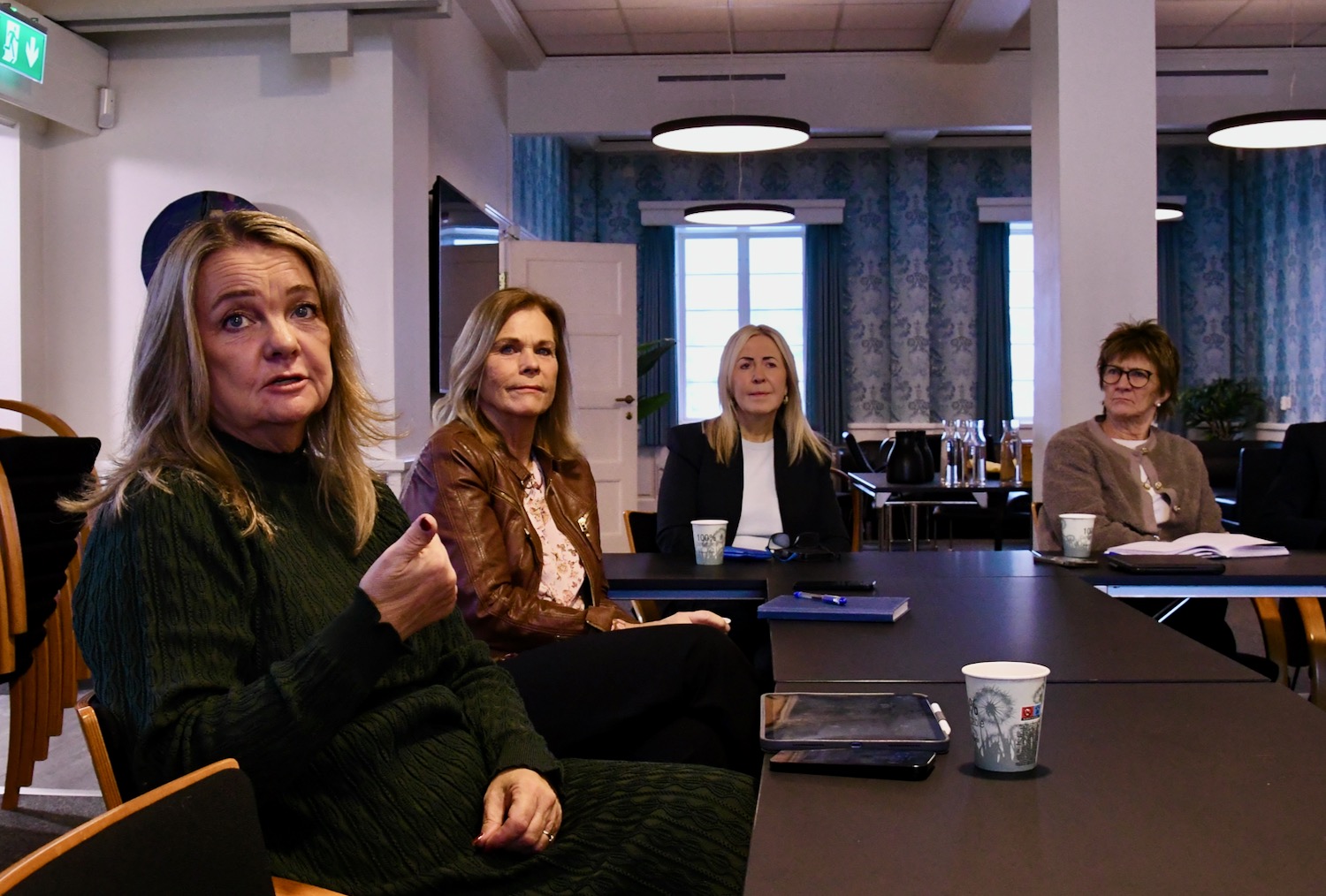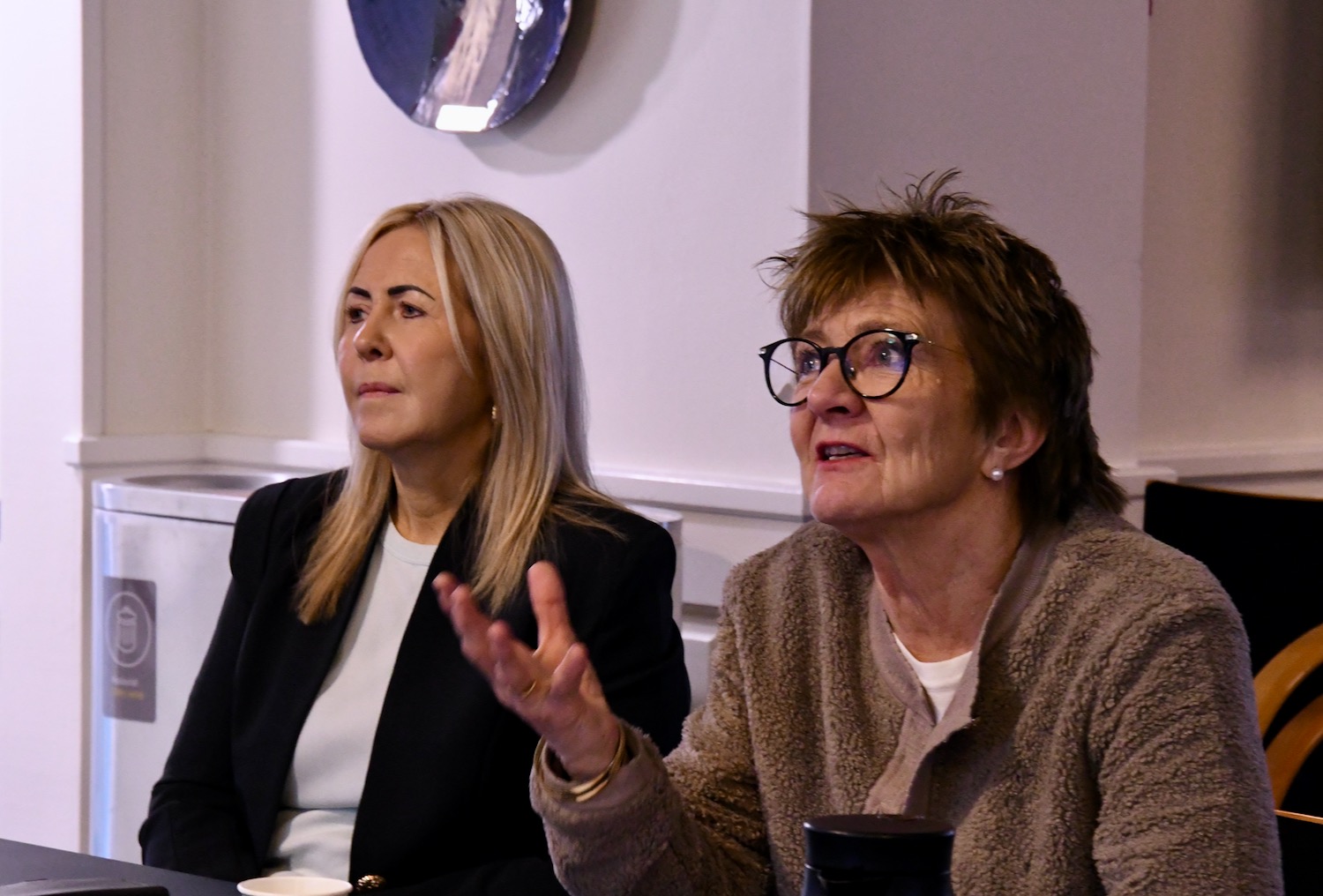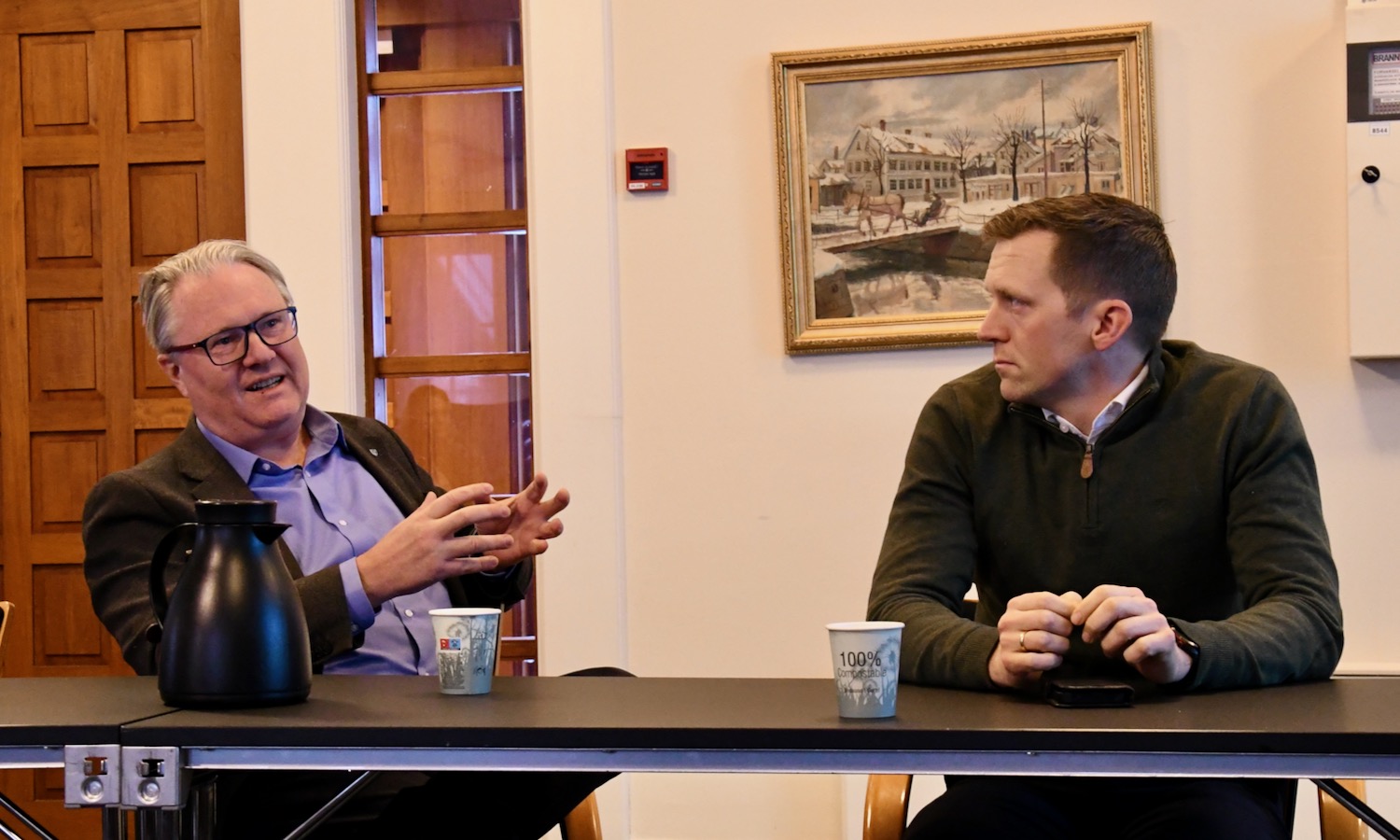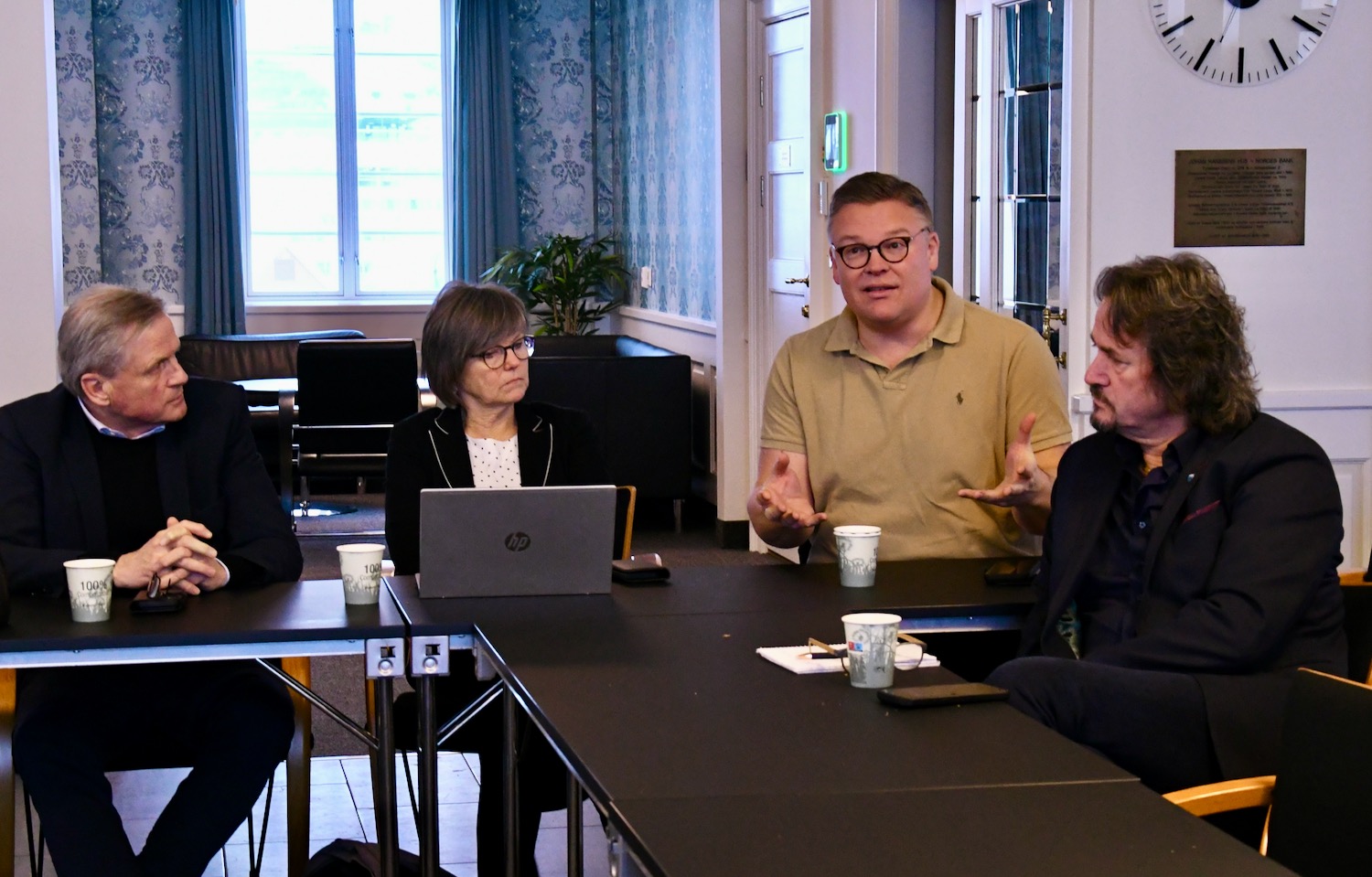Establishing a Norwegian port dedicated to offshore wind is essential for securing a bigger piece of the growing offshore wind market.
“It is our highest priority for 2026,” says Kristian Johnsen, Project Manager of Fremtidens Havvind – adding: “It should also be Norway’s highest priority. Without a Norwegian offshore wind port, much of the value creation will go elsewhere.”
Denmark and the UK already operate ports capable of handling large-scale assembly and logistics. Without a Norwegian alternative, a large share of the value creation from offshore wind projects, including those on the Norwegian Continental Shelf, will be captured abroad.
“If Norway instead invests in one or more ports tailored for offshore wind, we can position ourselves as a competitive hub for the entire North Sea basin,” says Johnsen.
The Agder region stands out with its strategic location and short sailing distances to major offshore wind areas. This proximity allows Norway to compete for international assignments.
“We have a superb geographical position,” says Johnsen.
2026 is emerging as a decisive year for Norwegian offshore wind. The most important developments will not take place offshore, but on land – in ports.
“Establishing marshalling and storage capacity will determine whether Norway becomes a key industrial player or remains dependent on foreign infrastructure. Windport in Mandal and Hausvik in Lyngdal are the Agder alternatives, and Agder County has already allocated funding to further develop both,” says Johnsen.
The economic rationale is compelling. Norway has awarded the Sørlige Nordsjø II project a contract of difference, capped at NOK 23 billion. Investing in port facilities could ensure that NOK 8 billion remain in Norway, according to a PwC ripple effect analysis.
National authorities are beginning to recognize this. When Siva – the state-owned enterprise that works to strengthen industrial development and innovation, recently published its newest assignment letter, it included a dedicated point on offshore wind ports. In this, the government explicitly instructs Siva to the development of marshalling and installation ports.
“This marks a significant political shift and signals that port development is now seen as a national priority, which is something we have pushed for,” says Johnsen.



